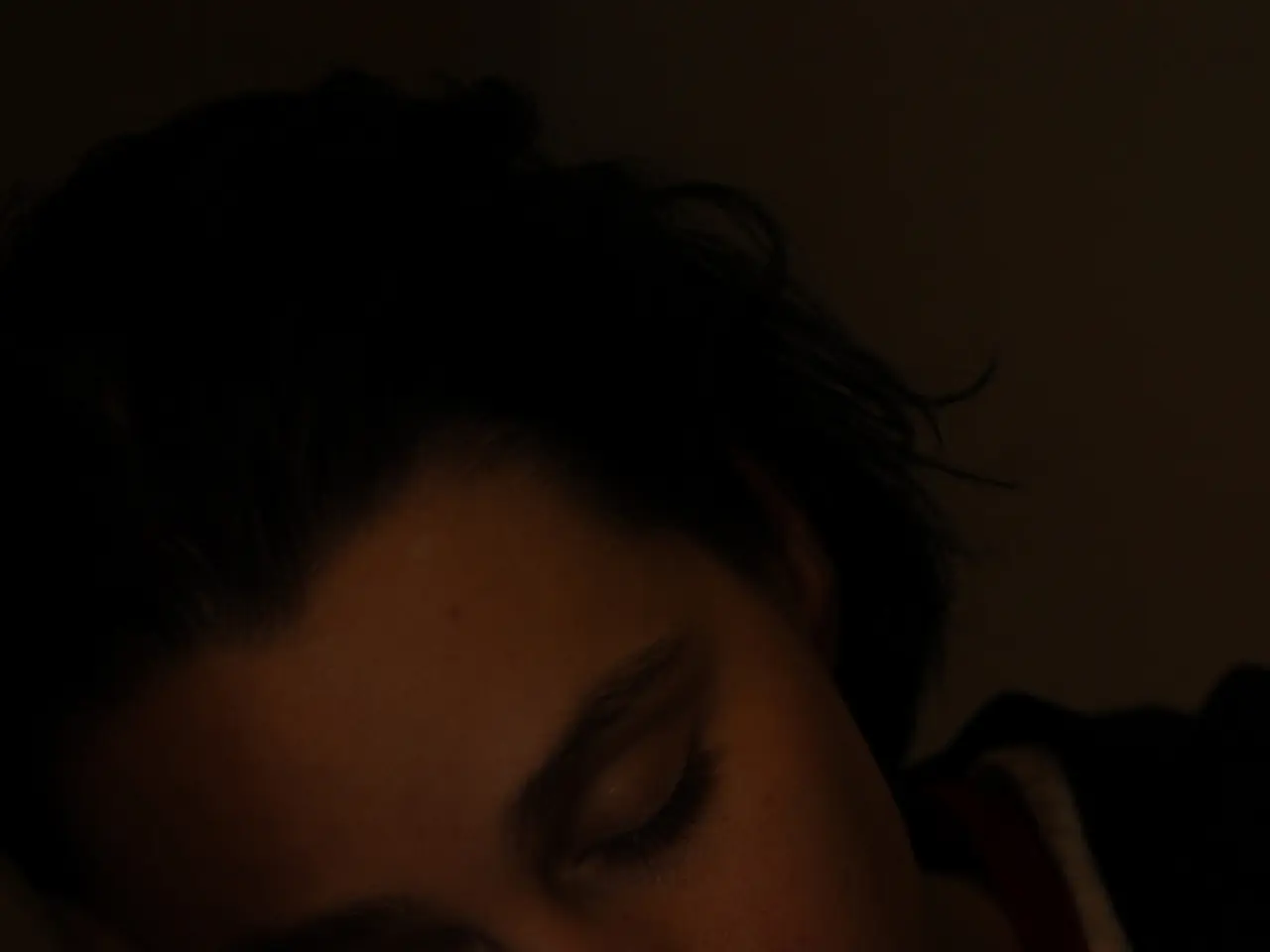Connection Between ADHD and Sleep Disorders: Remedies to Enhance Slumber Quality
People with Attention Deficit Hyperactivity Disorder (ADHD) often face a range of sleep disorders, which can further complicate the management of their ADHD symptoms. Here's an overview of common sleep disorders associated with ADHD, their potential causes, and treatments.
Common Sleep Disorders in ADHD
Insomnia
- Prevalence: Approximately 43 to 80% of individuals with ADHD experience insomnia.
- Causes: Restlessness, hyperactivity, and an overactive mind contribute to difficulty falling asleep or staying asleep.
- Treatment: Establishing a consistent sleep routine, avoiding caffeine and electronics before bedtime, and using relaxation techniques can help manage insomnia.
Restless Legs Syndrome (RLS)
- Prevalence: Symptoms mimicking RLS are present in about a quarter of the ADHD population.
- Causes: RLS is often associated with iron deficiency and can be exacerbated by ADHD symptoms.
- Treatment: Iron supplements, physical activity, and avoiding certain medications can help alleviate RLS symptoms.
Narcolepsy
- Prevalence: Occurs less frequently but is a recognized sleep disorder in ADHD individuals.
- Causes: Exact causes are unclear, but it is believed to be associated with disruptions in REM sleep regulation.
- Treatment: Medications like modafinil help manage excessive daytime sleepiness.
Sleep Apnea
- Prevalence: Common among individuals with ADHD, contributing to daytime sleepiness and fatigue.
- Causes: Obstructive sleep apnea can be due to physical obstructions or neurological factors.
- Treatment: CPAP machines or lifestyle changes like weight loss can help manage sleep apnea.
Night Terrors
- Connection to ADHD: There is a recognized link between ADHD and increased risk of night terrors.
- Causes: Stress and certain sleep disorders can trigger night terrors.
- Treatment: Establishing a calm sleep environment and addressing underlying sleep issues can reduce the occurrence of night terrors.
Bruxism (Teeth Grinding) and Sleep Paralysis
- These are less common but can be part of the broader spectrum of sleep disturbances experienced by people with ADHD.
Potential Causes and Complications
- Circadian Rhythm Disruptions: ADHD individuals often experience delayed sleep phase syndrome, leading to a later sleep onset and wake-up times.
- Hyperactivity and Overactive Mind: These ADHD symptoms can make it difficult to wind down before sleep.
- Impact of Medications: Stimulant medications used to treat ADHD can interfere with sleep if taken too close to bedtime.
Treatments and Strategies
- Establish a Consistent Sleep Routine: Regular sleep schedules can help regulate the body's internal clock.
- Relaxation Techniques: Practices like mindfulness or deep breathing can aid in calming the mind before sleep.
- Avoid Stimulants Before Bedtime: Limit caffeine and electronics use in the hours leading up to bedtime.
- Address Underlying Sleep Disorders: Treating conditions like sleep apnea or RLS can improve overall sleep quality.
- Seek Professional Help: Consulting with a healthcare provider or sleep specialist can provide tailored advice and treatments for sleep disorders in ADHD.
If you think you have a sleep disorder such as sleep apnea, RLS, or insomnia, it's essential to contact a doctor, as prolonged poor-quality sleep can lead to complications and affect mental health.
- Restless Legs Syndrome (RLS), which affects a quarter of the ADHD population, can be associated with ADHD symptoms and may be eased by iron supplements, physical activity, and avoiding certain medications.
- Sleep disorders like insomnia, occurring in approximately 43 to 80% of individuals with ADHD, can be managed through establishing a consistent sleep routine, avoiding caffeine and electronics before bedtime, and using relaxation techniques.
- narcolepsy, though less common, is a recognized sleep disorder in ADHD individuals and can be controlled through medications like modafinil, which help manage excessive daytime sleepiness. Additionally, addressing science-backed factors such as circadian rhythm disruptions, hyperactivity, an overactive mind, and impact of medications can worsen sleep disorders and need to be considered for effective treatment.




